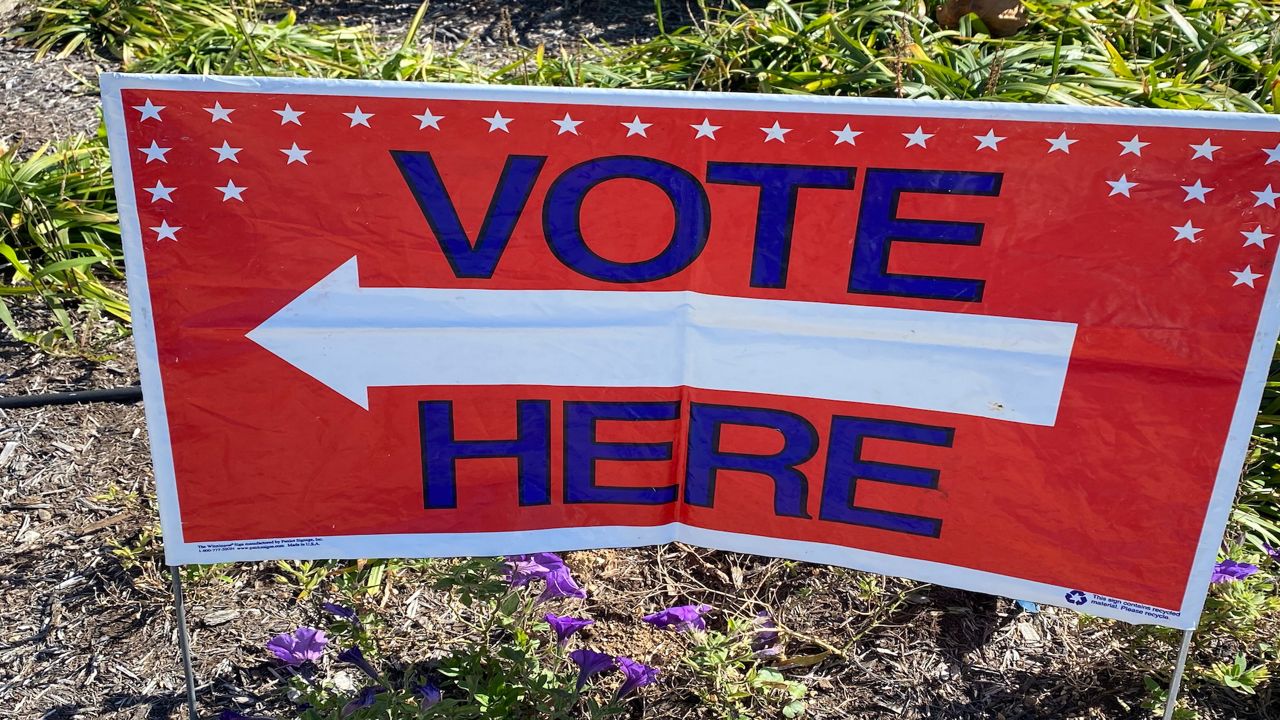New York voters have the opportunities to cast their ballots in party primaries this month as early voting will begin on Saturday, and it runs through June 26. All counties will have their polls open from 6 a.m. to 9 p.m. on June 28 for the final day of voting.
But here's the chaser: Only a handful of voters will likely turn out to vote. New York has closed primaries, limiting who has a say in the outcome to those registered in a party in which there are races. And many New Yorkers may be distracted by, well, more pressing concerns than electoral politics.
"The campaigns are really in full swing, but they really I don't think have penetrated the public consciousness given what's going on with inflation and gas prices and the war in Europe and the pandemic," said Blair Horner of the New York Public Interest Research Group. "I think people are probably distracted."
Turnout is typically sparse for party primaries. But it could be compounded this year by New York having to split those contests to formally select nominees. The statewide races for governor and lieutenant governor as well as primaries for the state Assembly will be this month.
Because a court ruling rejecting the lawmaker-drawn boundaries for new House and state Senate districts was successful, new lines were drawn by a court-appointed expert, and primaries for those offices were pushed to Aug. 23.
So who shows up to vote for a party primary? Typically, it's highly engaged voters who care the most.
"The people who show up typically in party primaries are the party faithful," Horner said. "In both primaries, the Democratic and Republican primaries, I think the most active members of the party, the people most likely to vote, are the most active members because they care the most and pay the closest attention."
Horner expects more people will become engaged in the campaign season by the fall.
"It's one sort of focused period of time and by then we may know what's happening with inflation, the war in Europe, interest rates and COVID," he said.
Having people engaged in these New York races is important given the role Albany plays in the lives of New Yorkers, said Common Cause New York Executive Director Susan Lerner.
"The state government has a very direct impact on the kind of assistance you get, on health care, on insurance, on money that's available for education," she said. "So you really want to have a say on who is your state representative."
She added, "The challenge is getting the word out to voters, what elections are on which dates and helping them to exercise their rights to vote."



